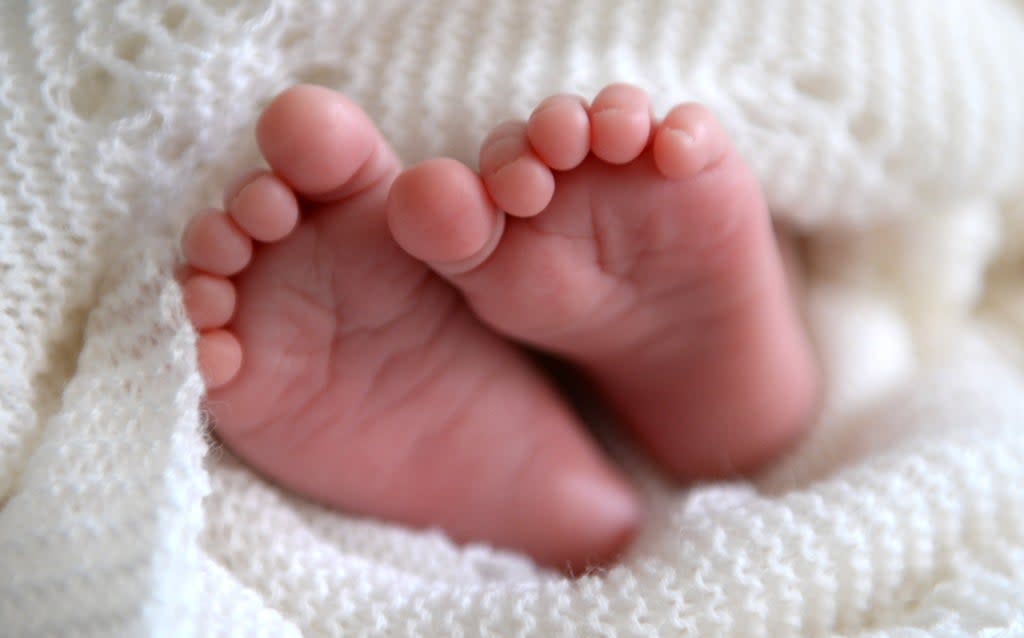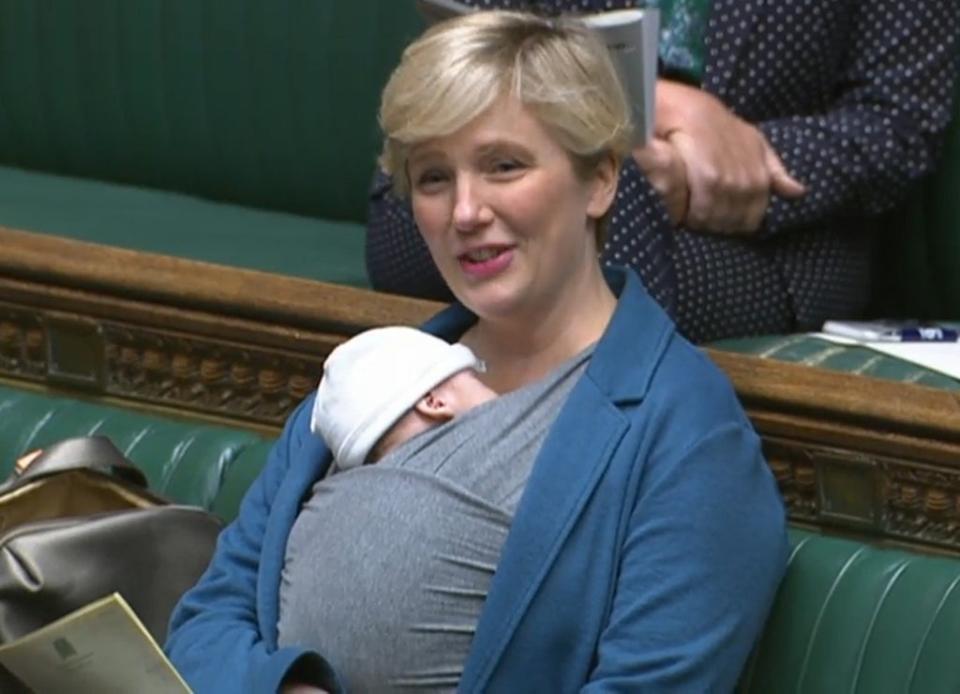Taking photos of breastfeeding mothers in public to be made illegal in England and Wales

Taking photos of breastfeeding mothers in public without their consent is to be made a crime in England and Wales under new legislation.
The change is part of measures being introduced by the Justice Secretary Dominic Raab to keep women and girls safe.
Mr Raab said the move would stop women being “pestered, whether it’s for self-gratification or for harassment purposes”.
Campaigners have praised the decision which they hailed as “a victory for breastfeeding mothers”.
The law will form part of the the Police, Crime, Sentencing and Courts Bill going through Parliament.
Mr Raab also confirmed another amendment to the bill includes giving victims of domestic abuse more time to report crimes to police and “plug gaps” in the law that risks offenders escaping justice.
The six-month time limit in cases of common assaults involving domestic abuse will be extended, he confirmed.
The taking of “non-consensual photographs or video recordings of breastfeeding mothers” would be made a “specific” voyeurism offence in England and Wales, the Ministry of Justice said.
The amendment to the Police, Crime Sentencing and Court Bill was put forward by the government on Tuesday.
Labour MP Stella Creasy campaigned for legal reforms after her own personal experience where she was photographed breastfeeding her then four-month-old baby on a London Overground train near Highbury and Islington.

Speaking of the experience, Ms Creasy said: “I was on a train feeding my daughter, who clearly needed to eat.
“I have a shawl I wear to make it more discreet because of my own personal preference to do it that way, but I looked up in horror to see a man filming or taking pictures of me, and he clearly thought it was hilarious. It was mortifying and humiliating.”
Anyone found guilty could face up to two years behind bars. This would cover situations “where the motive is to obtain sexual gratification or to cause humiliation, distress or alarm”.
David McClenaghan, partner and head of Bolt Burdon Kemp’s abuse department, said: “The law will allow mothers to carry out a natural act without worry of their privacy being violated. “
He added: “We will need to wait to see how often the authorities use it. Image based abuse is a growing trend and any steps to curtail it are welcome.”
Also the six-month time limit victims of common assault face in England and Wales with reporting a crime is going to be amended in the same bill.
Currently from the date of the incident, victims must come forward within six months.
Police must carry out their investigations to amount to a charge against an alleged perpretrator or the case will be dropped.
Victims of domestic common assault - who may experience a push, threats or being spat at - may be heistant to report incidents. They can also prove to be complicated cases.
It comes as a campaign by Erica Osakwe, who created the Victims Too movement, after her own domestic abuse case was thrown out by police who said her abuser would not any charges due to an error which meant the statutory time to report the assault was about to elapse.
This led to her starting the Victims Too campaign which has successfully seen the law change - extending the time limit for reporting abuse from six months to up to two years.
We have won! The law in England and Wales will change to support victims of domestic abuse. The time limits on reporting domestic abuse incidents will be increased to 2 years (from 6 months)!
My campaign through @VictimsToo is a complete success 😭❤️https://t.co/zQ2G0pbzuD— Erica Uzoma Osakwe (@EricaOsakwe) January 4, 2022
Chief executive of the charity Refuge, Ruth Davison, said: “This is a huge win and a victory for women and girls experiencing domestic abuse. Refuge is delighted that the government has listened to, and heard, our campaign with Women’s Aid Federation of England and the Centre for Women’s Justice, as well as the voices of the brave survivors, like Erica Osakwe, who have spoken out about their experiences and helped achieve change.
“Too many women have been ‘timed out’ of accessing justice, with the arbitrary 6-month time limit. It can take many months, even years, for survivors of abuse to feel ready and able to report their experiences. This change means thousands of women will have access to justice that they had previously been denied.
“Refuge is grateful to Yvette Cooper MP, Baroness Newlove and all our supporters who have taken action and applauds the government for taking this vital step to help protect women and girls experiencing domestic abuse.”

 Yahoo News
Yahoo News 
